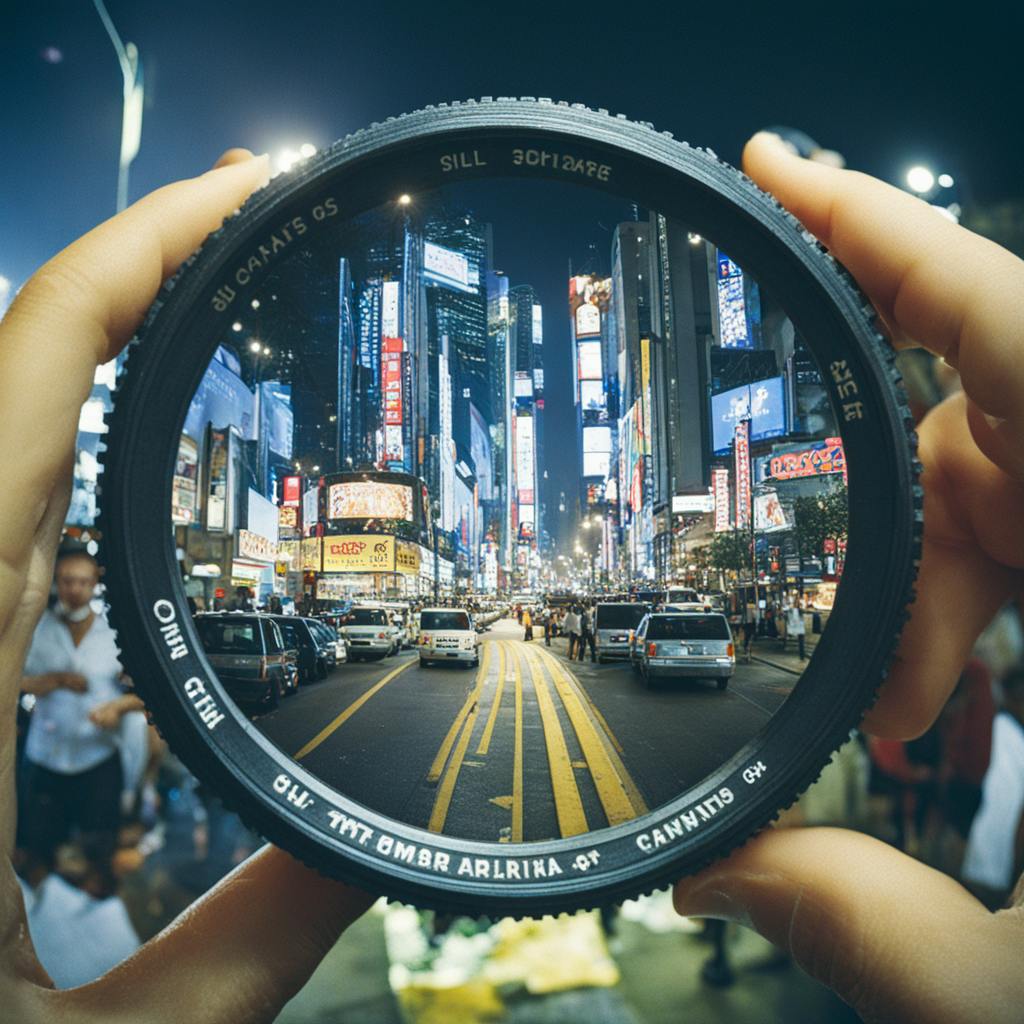In today's fast-paced world, where digital noise surrounds us, marketing events offer a powerful way to forge genuine connections, drive engagement, and breathe new life into brands. By leveraging innovative strategies, companies can turn ordinary gatherings into unforgettable experiences that leave a lasting impact. Whether you're a budding entrepreneur or an established corporation, harnessing the potential of marketing events can significantly elevate your brand's presence.
Clear: Understanding the Role of Marketing Events
Marketing events are meticulously planned occasions designed to promote a brand, product, or service. These events, held both online and offline, are pivotal in creating direct engagement with the target audience. They range from trade shows, product launches, and conferences to webinars and experiential events. The fundamental goal of marketing events is to create memorable experiences that foster brand loyalty and deliver tangible business results.
Key Points
- Direct Engagement: Face-to-face interactions foster stronger connections.
- Brand Awareness: Events increase visibility and recognition.
- Customer Loyalty: Memorable experiences build lasting relationships.
Concise: Distilling the Essentials of Event Marketing
To understand the essence of marketing events, it is crucial to focus on a few core strategies:
- Innovative Themes and Formats: Themed events captivate attendees by offering unique and memorable experiences. Creative concepts and innovative formats like immersive experiences, virtual reality, and interactive installations can set your event apart from the competition.
- Targeted Audience Engagement: Identify your target audience and tailor your event to meet their needs and preferences. Personalization is key to keeping attendees interested and engaged. Use pre-event surveys, interactive sessions, and personalized follow-ups to make each participant feel valued.
- Leveraging Digital Platforms: In the age of technology, integrating digital elements into your event marketing strategy is imperative. Hybrid events, live streaming, and social media promotions amplify your reach and create buzz, making it easier for people to find “marketing events near me”.
- Measurable Outcomes: Setting clear objectives and KPIs before the event allows for a thorough evaluation post-event. Track metrics such as attendance rates, engagement levels, and ROI to gauge the success of your event and identify areas for improvement.
Compelling: Strategies to Transform Your Marketing Events
- Experiential Marketing: Experiential marketing turns passive attendees into active participants by allowing them to experience the brand firsthand. Interactive installations, live demonstrations, and hands-on activities create emotional connections that are more impactful than traditional advertising methods.
- Influencer and Partnership Collaborations: Partnering with influencers and complementary brands can enhance your event’s reach and credibility. Influencers tap into their loyal followers, generating buzz and attendance. Strategic partnerships can also provide mutual benefits, like shared costs and enriched content.

AI made with Christopher
- Storytelling through Content: Content is king, even in event marketing. Craft a compelling narrative that resonates with your audience, from pre-event teasers to post-event highlights. Use videos, blog posts, and social media to tell your brand’s story and keep the momentum going long after the event has ended.
- Utilizing Data and Analytics: Data-driven decisions are essential for optimizing event marketing strategies. Use analytics tools to gather insights on attendee behavior, preferences, and feedback. This data helps in personalizing future events and enhancing overall effectiveness.
Credible: Frequently Asked Questions
How can I ensure my event stands out?
By prioritizing innovative themes, interactive formats, and customized experiences, your event will captivate and engage your audience.
What role does technology play in modern event marketing?
Technology expands reach, facilitates engagement, and provides measurable insights through hybrid events, live streaming, and data analytics.
How can I measure the success of my event?
Success can be measured using KPIs such as attendance, engagement, lead generation, and overall ROI. Post-event surveys and social media feedback are also valuable indicators.
Why are partnerships important in event marketing?
Partnerships enhance credibility, expand reach, reduce costs, and offer enriched content and experiences to your attendees.
FAQs on Marketing Events
What innovative strategies are popular in event marketing for branding?
Event marketing has evolved dramatically with the rise of new technologies and changing consumer behaviors. Here are some innovative strategies that are currently popular:
- Immersive Experiences: Interactive installations, such as virtual reality (VR) and augmented reality (AR), create unforgettable experiences. Brands like Google and Samsung have used these technologies to offer virtual product demos.
- Personalization: Tailoring the event experience to individual preferences ensures deeper engagement. Use data analytics to understand attendee interests and curate personalized content, activities, or swag.
- Hybrid Events: Combining in-person and virtual components, hybrid events extend reach and accessibility. This format has gained traction post-pandemic and allows for a global audience.
- Content Marketing Integration: Events are a goldmine for content creation. Live streams, webinars, and behind-the-scenes coverage can be repurposed into blogs, social media posts, and videos.
- Sustainability: Hosting eco-friendly events can improve brand perception. Leveraging sustainable materials and practices aligns your brand with socially responsible values.
- Influencer Partnerships: Collaborating with influencers and thought leaders can amplify your event's reach. Influencers can provide authentic promotion and real-time coverage.

AI made with Christopher
What role does event marketing play in developing a brand's image?
Event marketing plays a pivotal role in shaping and enhancing a brand’s image. Here are the key aspects of its impact:
- Perception Building: Well-executed events can position a brand as innovative, quality-focused, and customer-centric. This can change, reinforce, or elevate a brand's market perception.
- Brand Differentiation: Unique, creative events can set a brand apart from competitors. Untraditional formats, exclusive access, and high-profile speakers can make a brand stand out.
- Trust and Credibility: Events provide a platform for brands to showcase their expertise and thought leadership. Hosting or participating in industry-specific events can build credibility and trust.
- Community Engagement: Events foster a sense of community, creating a loyal customer base. Strong communities can lead to organic advocacy and positive word-of-mouth.
- Brand Ambassadorship: Attendees often become brand ambassadors. Positive experiences encourage attendees to share their enthusiasm with their networks, organically extending the brand’s reach.
Can you provide some examples of successful marketing events that have revitalized brands?
Certainly! Here are a few noteworthy examples:
- Apple Keynote Events: Apple's product launch events have become cultural phenomena. The sense of anticipation and the spectacle of unveiling new innovations continue to solidify Apple’s image as a leading tech innovator.
- Red Bull Stratos: Red Bull sponsored Felix Baumgartner's space jump, creating a globally recognized event that was live-streamed by millions. The stunt significantly bolstered Red Bull's image as a daring and cutting-edge brand.
- Coca-Cola’s "Share a Coke" Campaign: Coca-Cola’s personalized bottle campaign extended to in-person events where attendees could customize their own bottles. The campaign successfully re-engaged consumers and boosted sales.
- Nike’s Breaking2: Nike orchestrated a highly-publicized attempt to break the two-hour marathon barrier. The event showcased Nike’s commitment to sports innovation and reinforced its position as a leader in athletic wear.
- Adobe MAX Conference: Adobe's annual creativity conference brings together thousands of creatives for workshops, keynotes, and networking. The event highlights Adobe’s dedication to the creative community and reinforces its leadership in the industry.
These examples illustrate how impactful and well-designed marketing events can significantly enhance and rejuvenate a brand's image, drive consumer engagement, and build long-term loyalty.
By leveraging these innovative strategies and understanding the deep impact of event marketing, brands can create meaningful connections, stand out in competitive markets, and establish lasting brand loyalty.
Integrating innovative strategies into your event marketing can significantly elevate your brand’s presence and foster deeper connections with your audience. By focusing on experiential marketing, targeted engagement, and incorporating technology, you can create compelling and memorable marketing events that drive business success.
Remember, the ultimate goal is to create experiences that resonate with your audience, leaving a lasting impression that translates into brand loyalty and measurable outcomes. Embrace these strategies, and watch your brand come to life through the power of marketing events.

